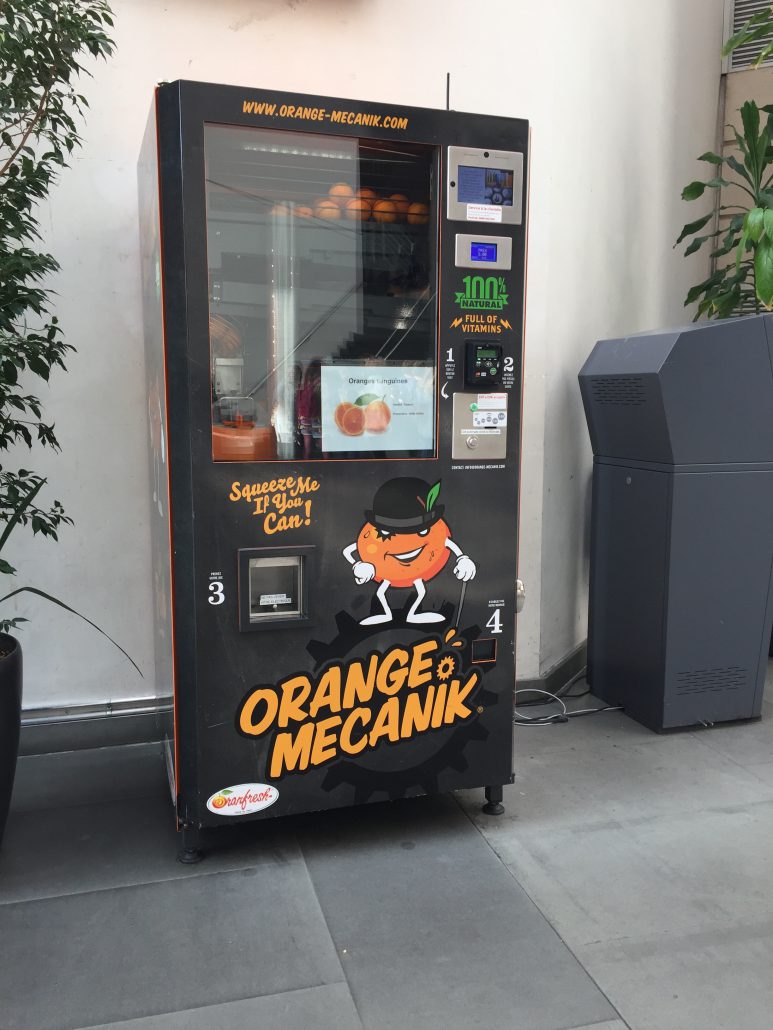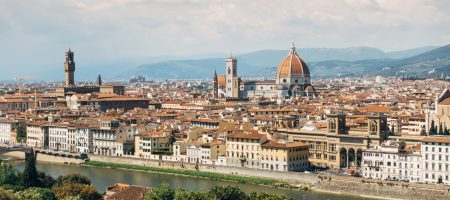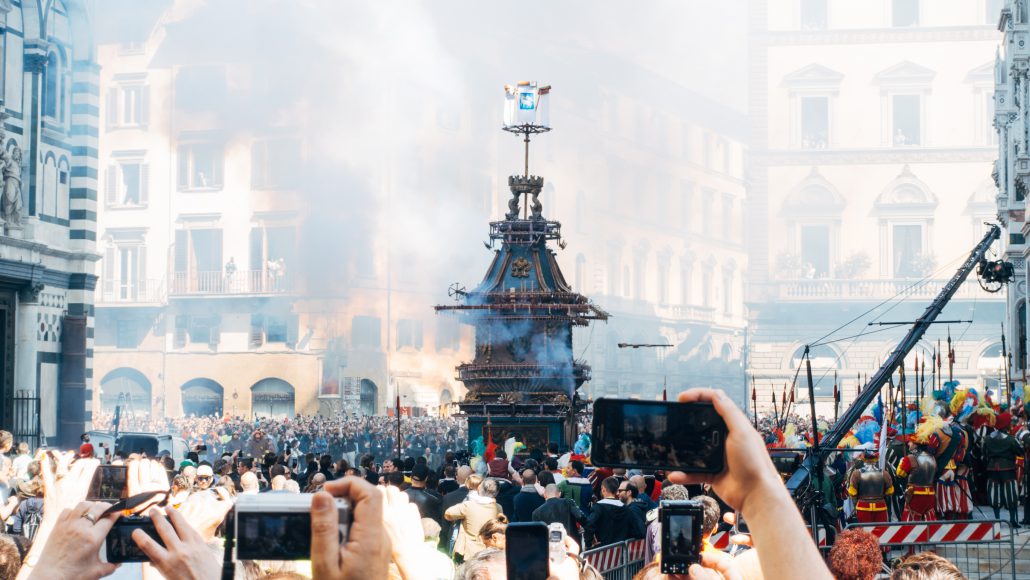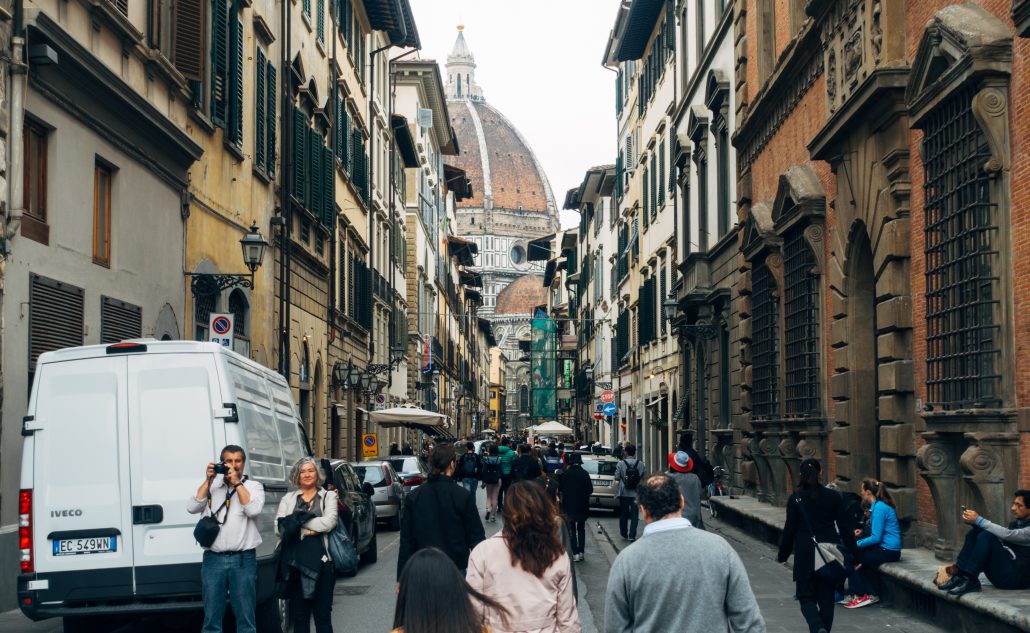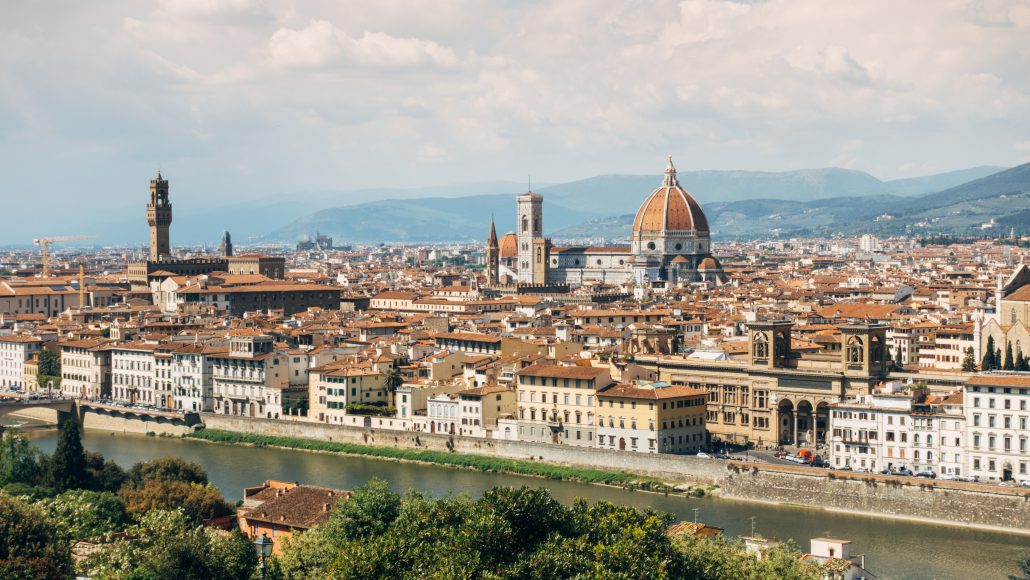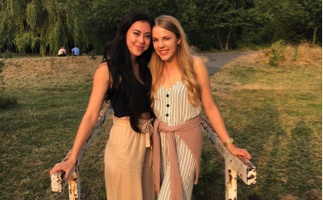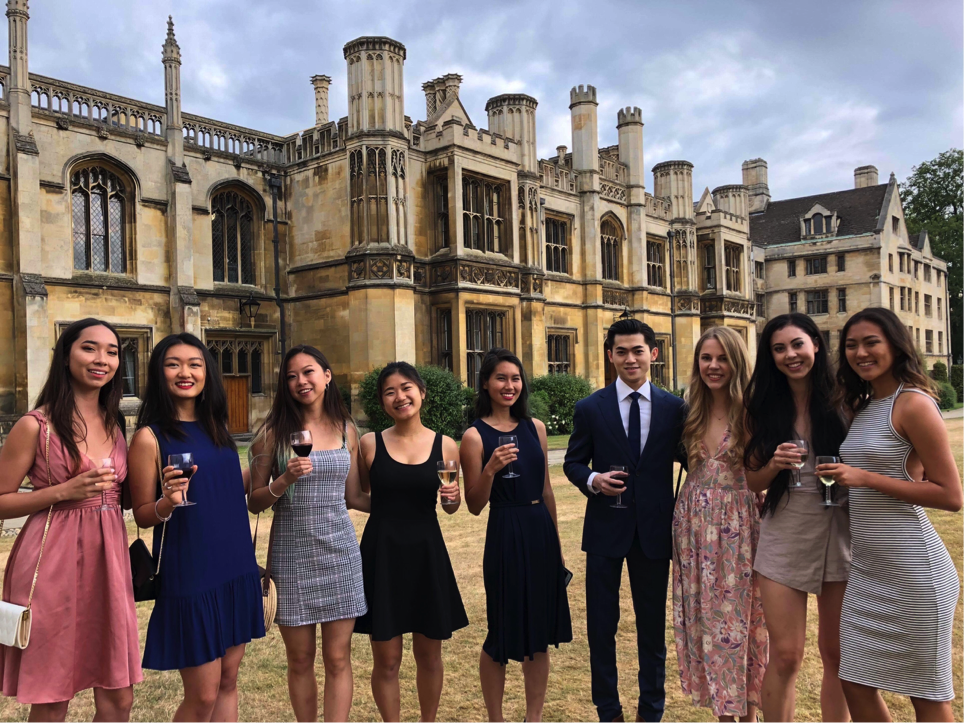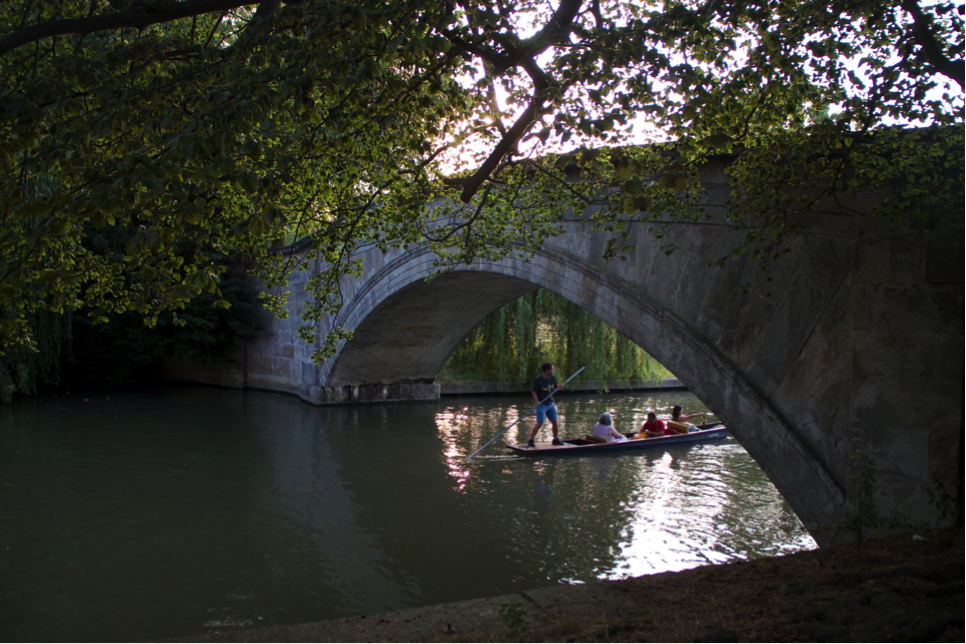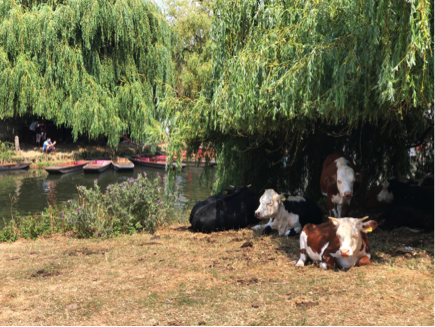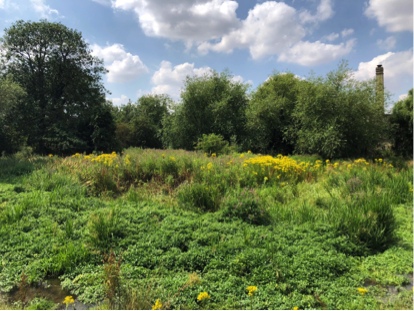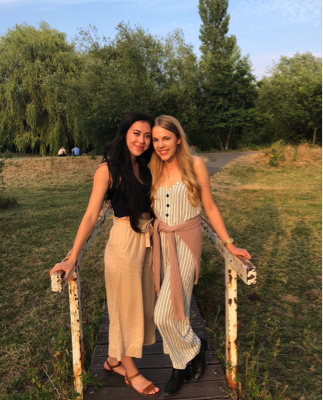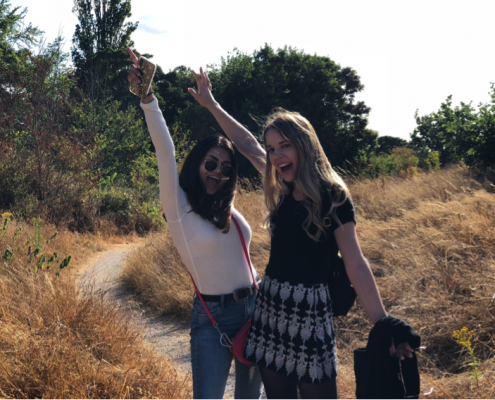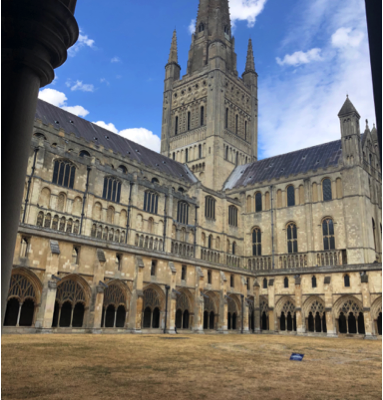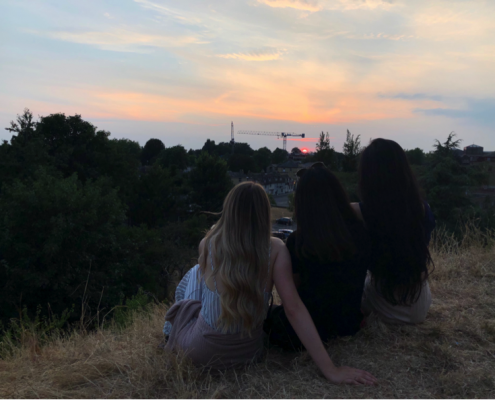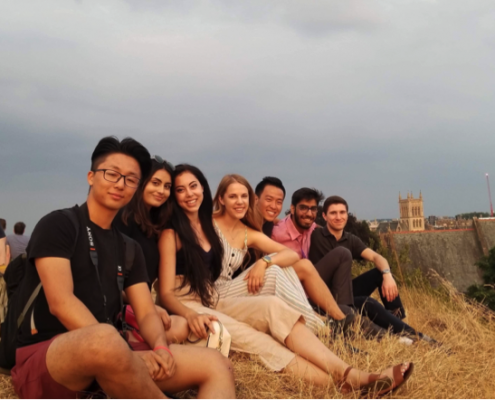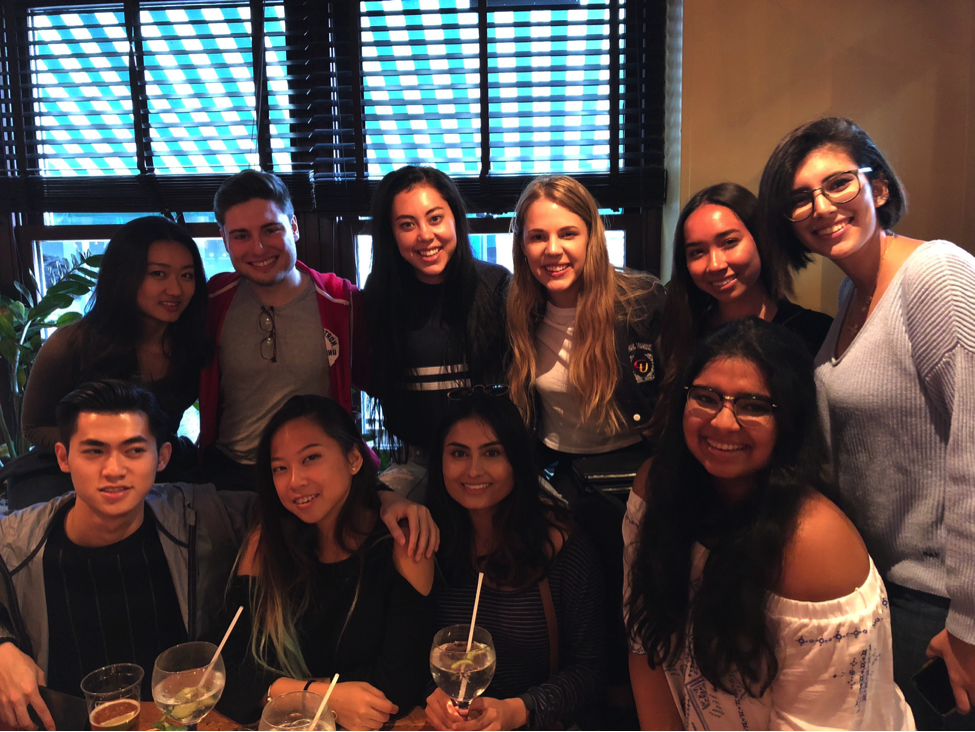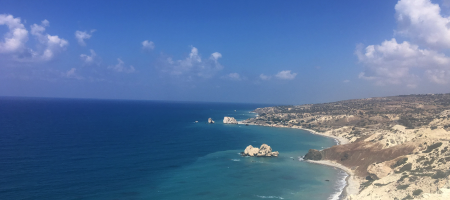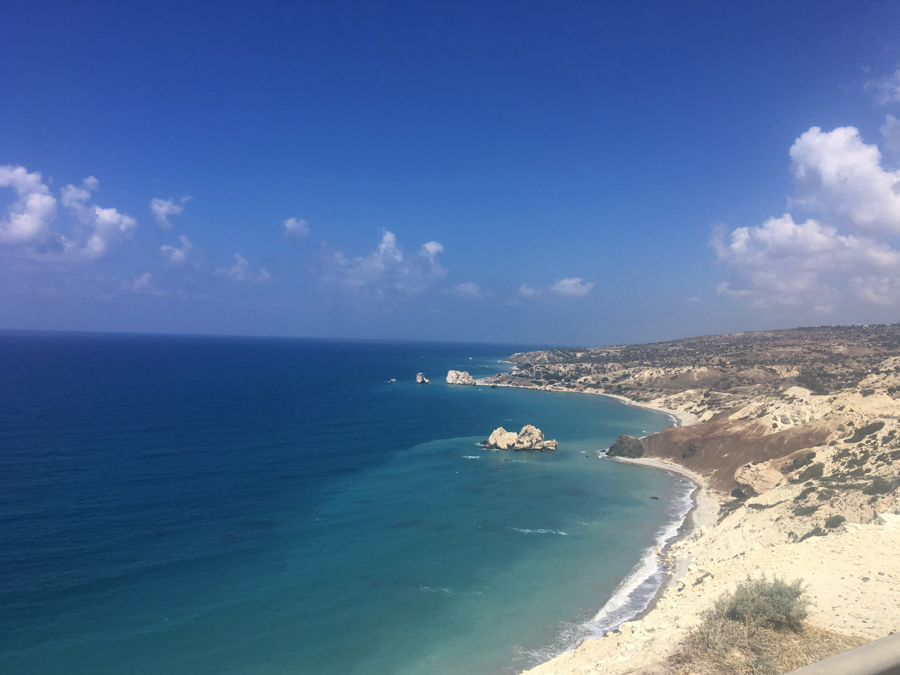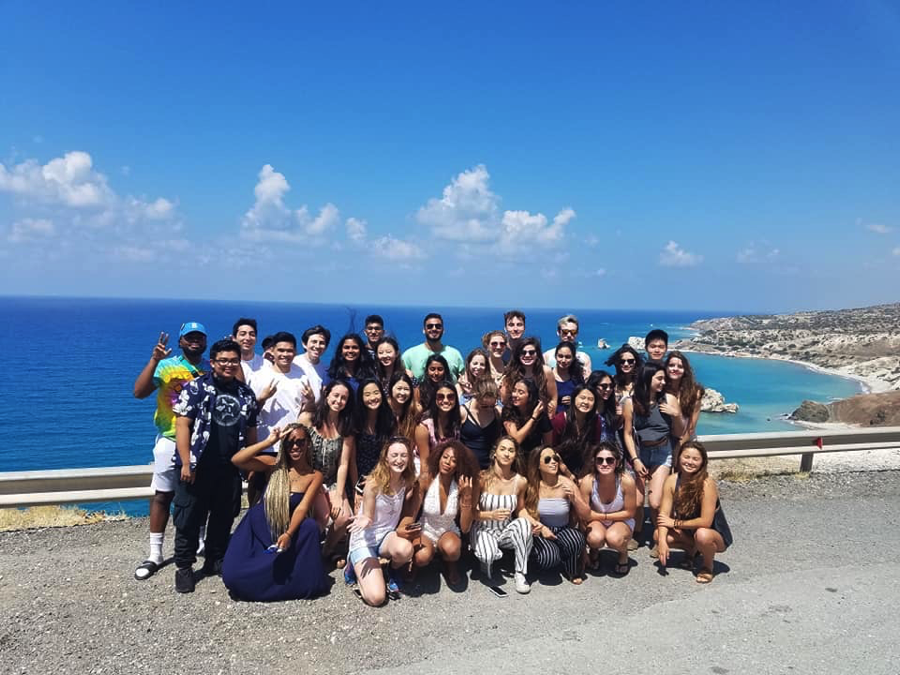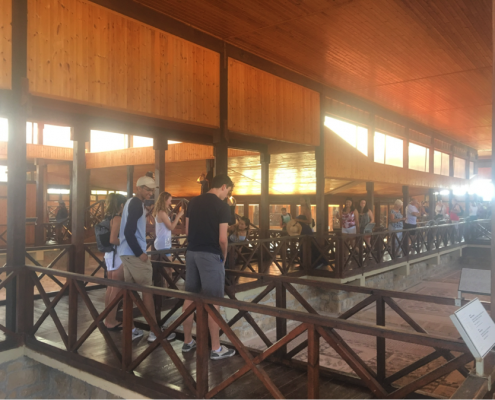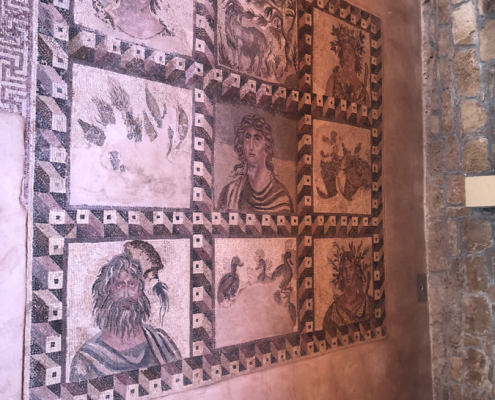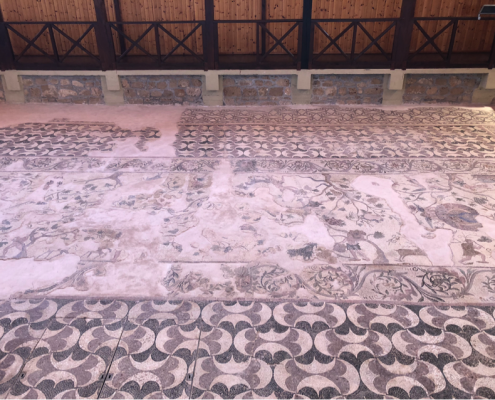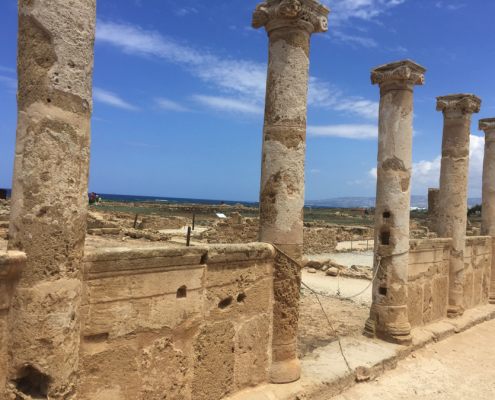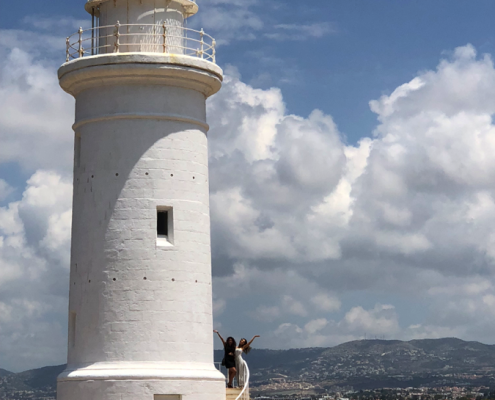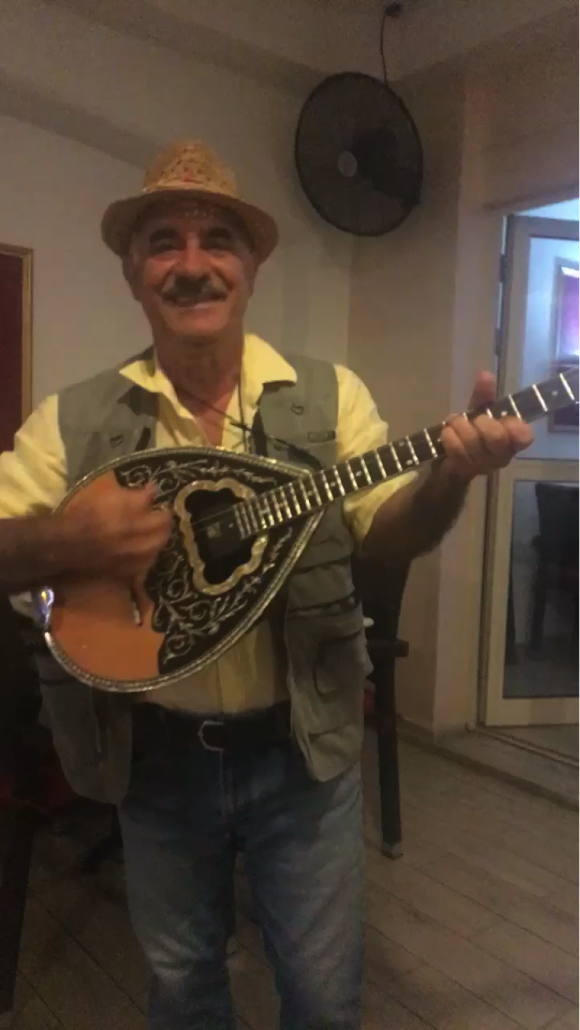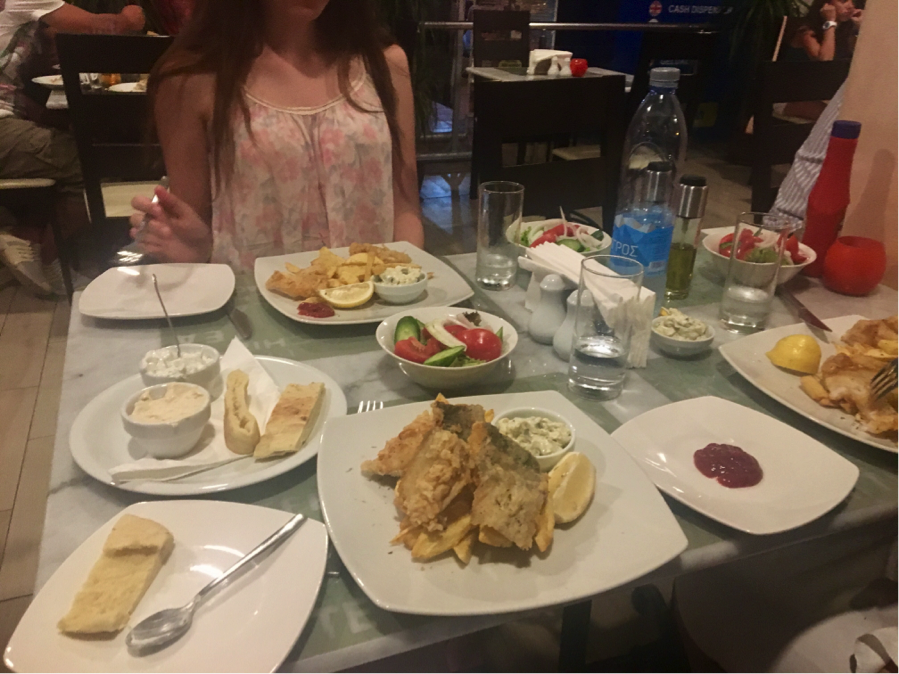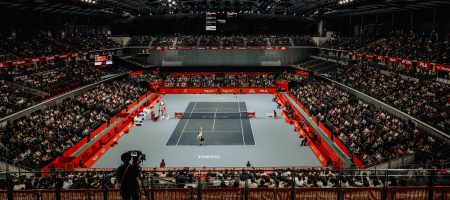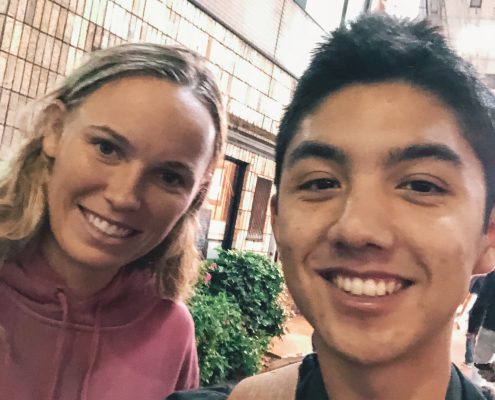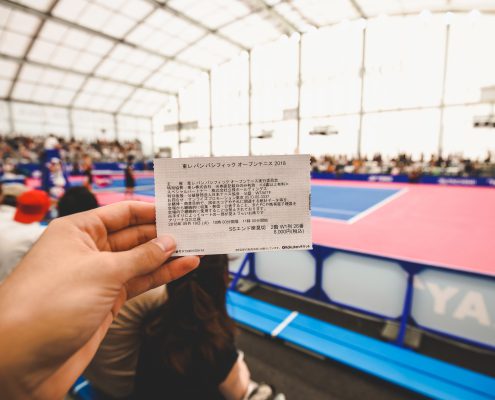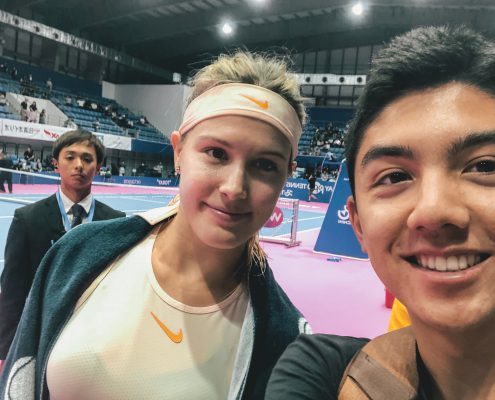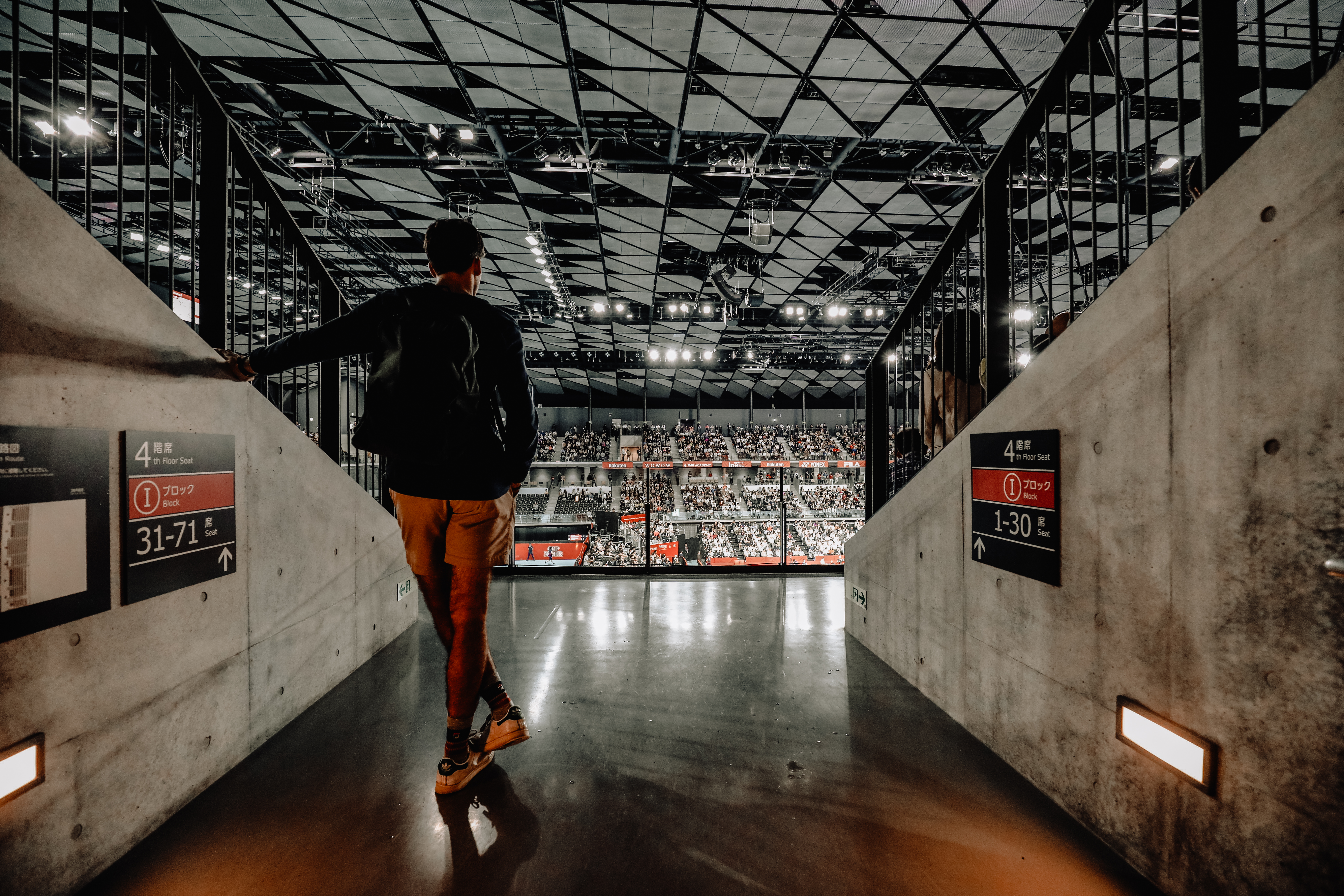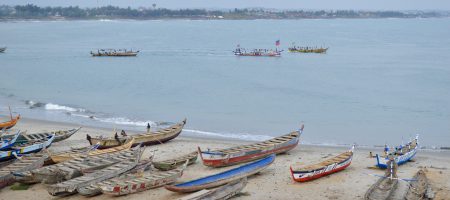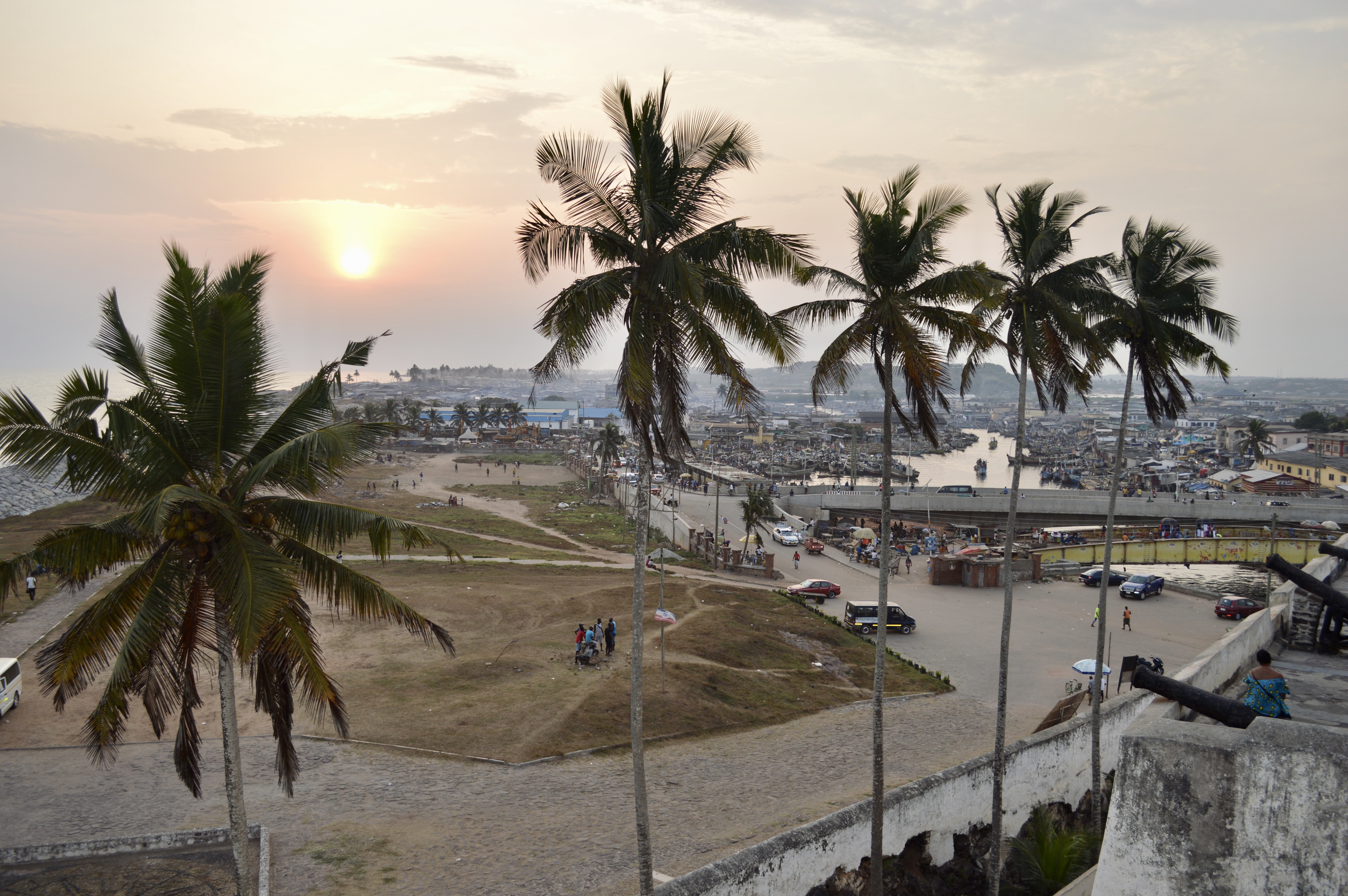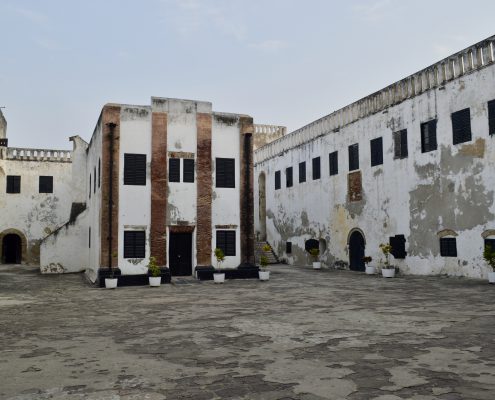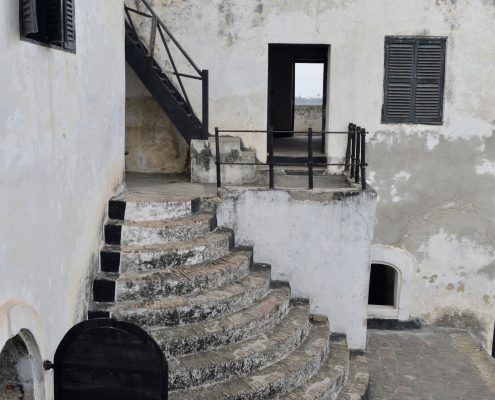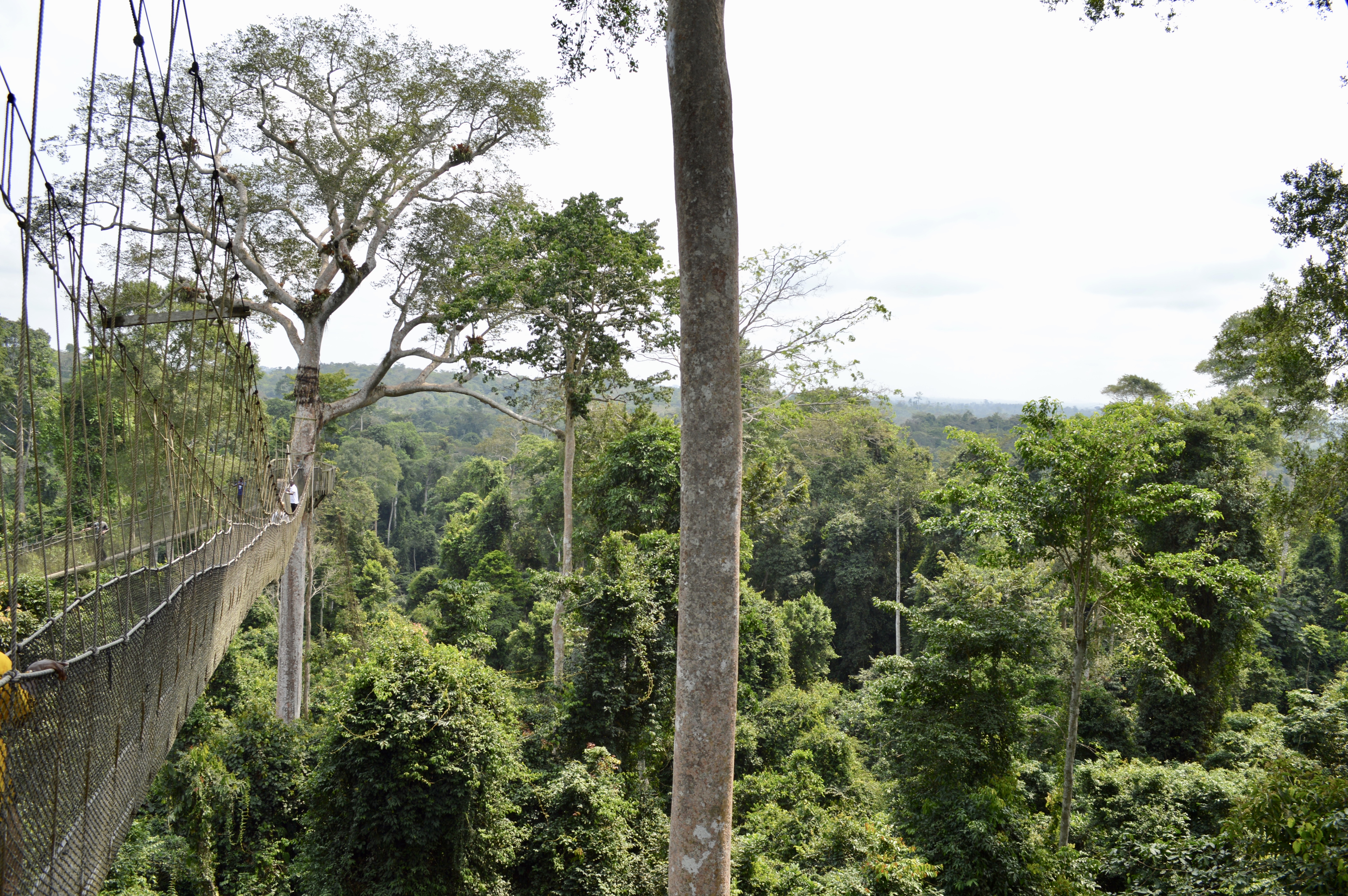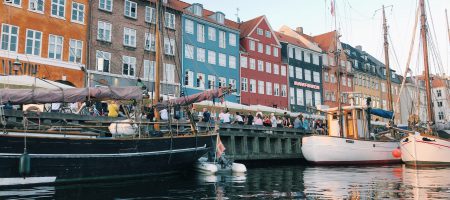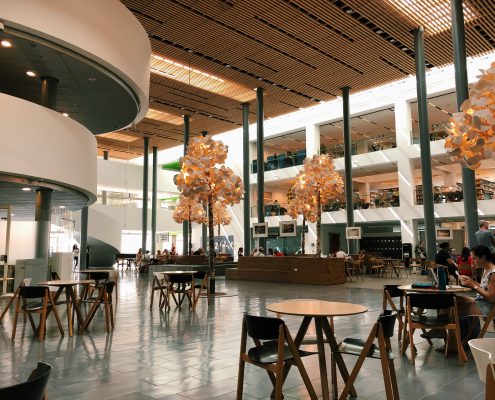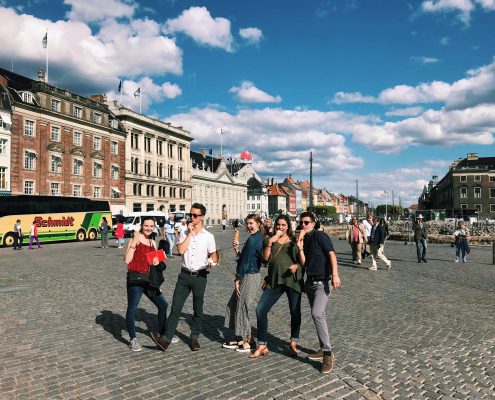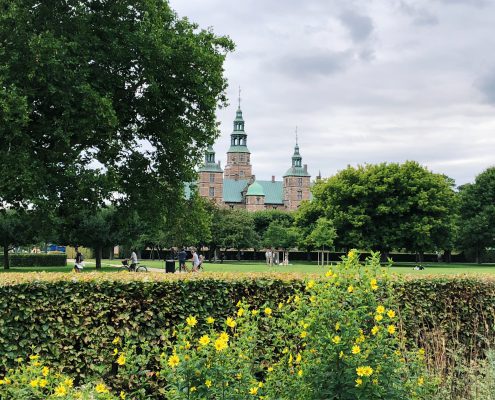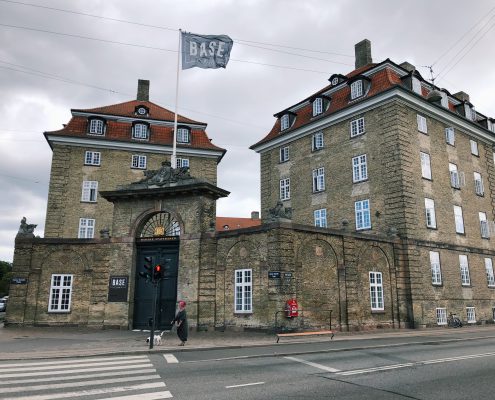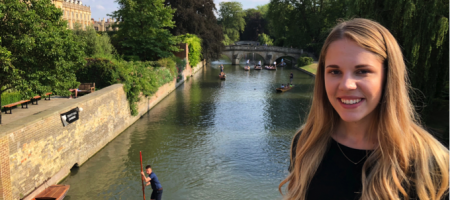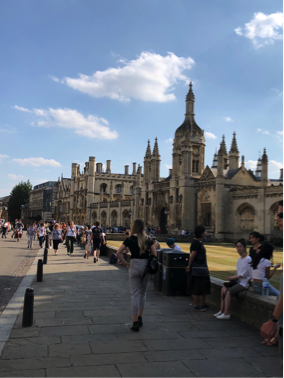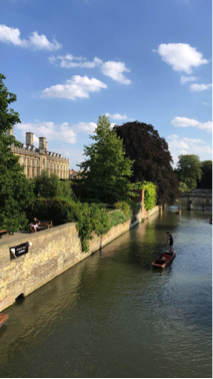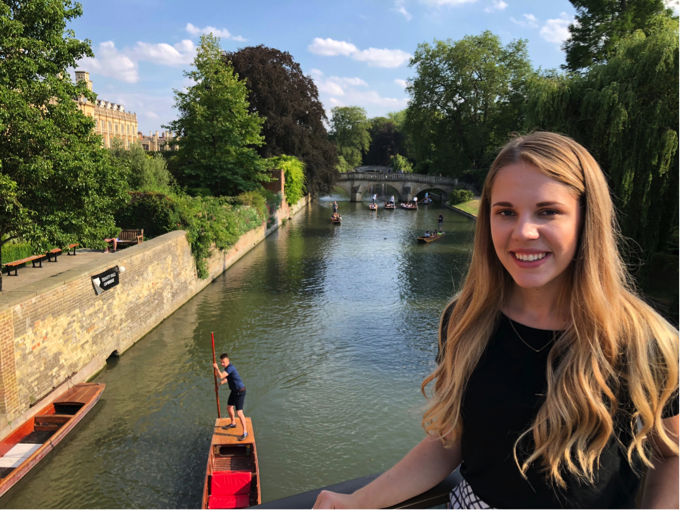Switzerland | Differences
By IZZY PAXTON
I was on the phone with my dad the other day when he asked “is everything over there totally different?” My initial gut reaction was of course not! But, when I asked what he meant, I realized that maybe things are more different than I had realized. (He asked me if the microwave is different, and by the way it is.) Switzerland is a Western country, and is incredibly similar to the United States in most ways, but there are small things that feel really different.
Outlets. I have taken for granted the abundance of outlets whenever I need them. Sure, usually there aren’t outlets easily accessible in lecture halls, but I can always find one in a smaller classroom, in the hall or in any study spot on campus. I have yet to find an outlet at UNIGE. Are there any in lecture halls? Nope. In smaller classrooms? No. In random places in open areas where I could maybe sit on the ground and charge? No again. I am genuinely starting to think that Swiss electronics just never die, because in addition to the lack of outlets at UNIGE, they’re absent from pretty much everywhere.
I love going to coffee shops to study. Not only am I more productive since I’m not in/near my bed, but I also like the activity happening around me, and the proximity of another latte. But, this is dependent on the battery life of my computer. At home this is no problem, when my battery is running low I just move seats or find the closest outlet to plug into. But not here – in my favorite study spot I have found exactly one outlet in the entire café. Word to the wise – always leave home with fully charged devices.
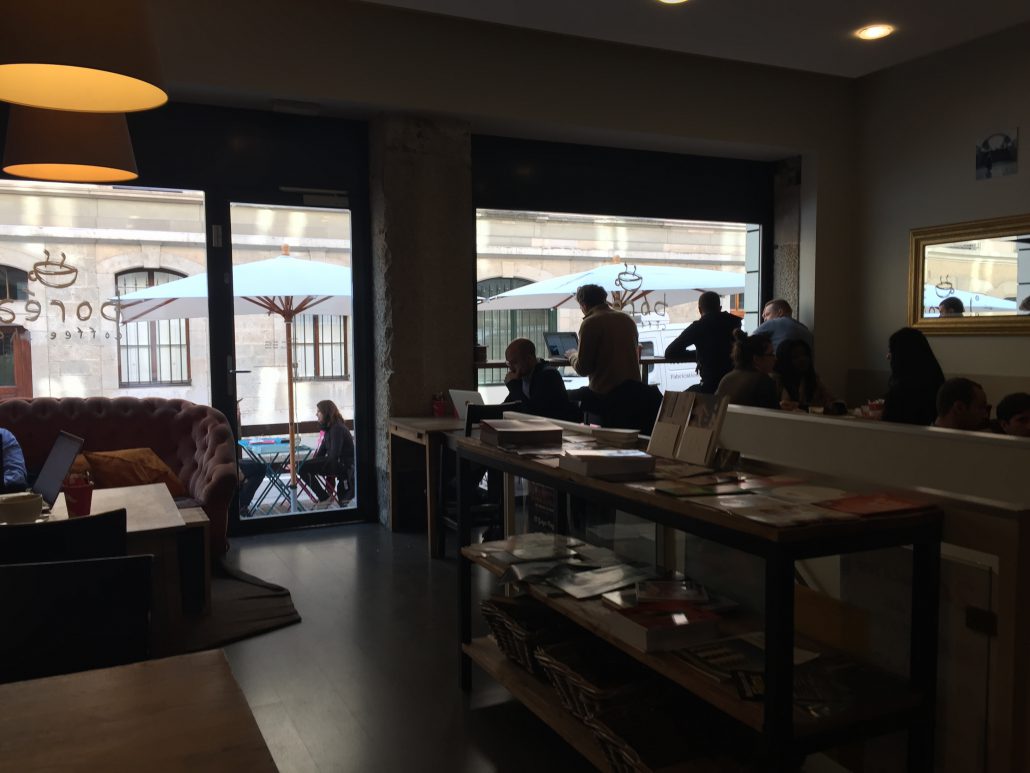
Boreal is quickly turning into my favorite place to work. But I still don’t understand how people can work here on their computers forever with no outlets
Less than 24 hours after landing in Geneva we had to find our way to orientation at Uni Mail (the mail UNIGE building) in room R050. I was jet lagged, sleep deprived, stressed, and felt like it was hard enough just getting to the building, let alone finding a room that definitely did not have a clear floor number.
It turns out that a room such as R050 actually does have a clear floor number, 0. In Geneva, as with probably many other places, the ground floor isn’t the first floor – the one above it is. Just think of how many flights of stairs you have to walk up, and that’s the floor you’re on.
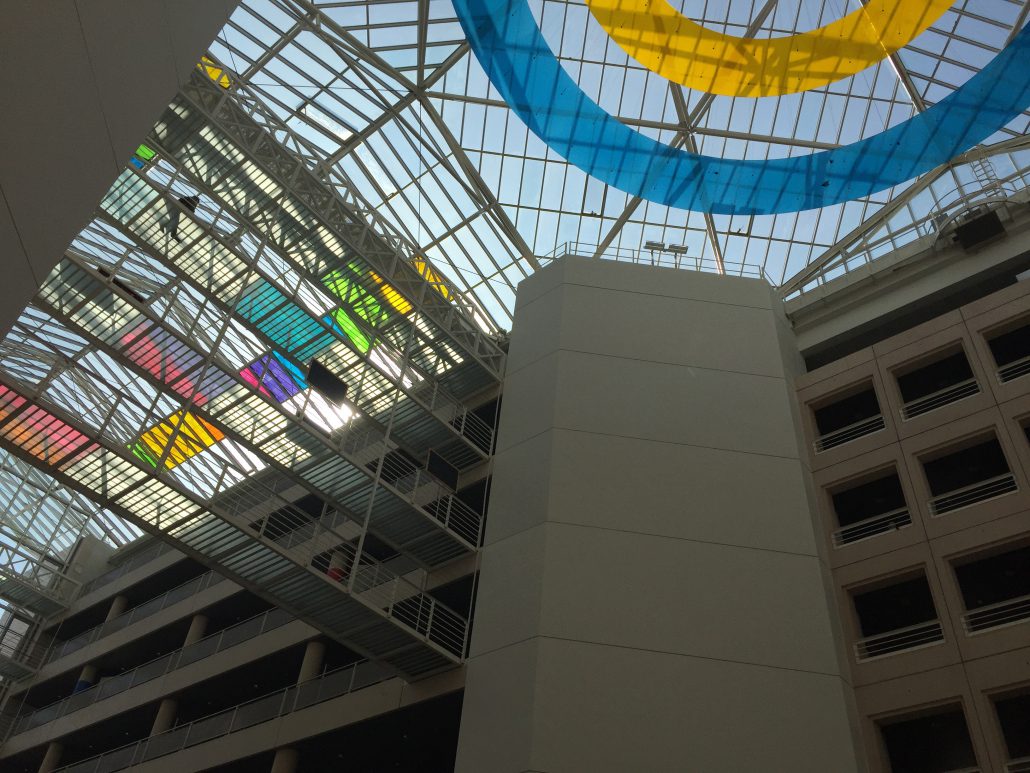
The ceiling of the main area of Uni Mail
As a north campus major I’m used to my final grade being made up of many different components; participation, papers, maybe a midterm and a final with ways to boost your grade thrown in every once in a while. Fall quarter I was in a Poli Sci class that calculated your final grade from two things, 50% midterm and 50% final paper. Honestly, this terrified me because I knew that doing poorly on one meant doing poorly in the class. As it turned out, this was a great stepping-stone into Swiss education. The final grades for all five of my classes are based 100% on the final. If you’re not the best test taker, like myself, this is incredibly daunting. Also, not all finals here take the same format. I have some written open book finals, some written closed book final, and an oral final where we have 15 minutes to answer two questions to the best of our abilities. The hard part about having my entire grade based on the final, other than you know the final, is staying motivated to stay on top of all my reading. Obviously it’s necessary, but it’s definitely easy to fall into the trap of “oh I can always catch up later…” I’m definitely not trying to think too much about the finals since they’re so far away, so I’ll give an update once they’re done.
At home I never have cash. Everything goes on my card, and I rely on venmo to pay other people back for things. If we’re being honest, I really don’t remember the last time I paid for anything in cash, and definitely am never carrying anything larger than a 20 if I have anything. And on the rare occasions that I do use cash I always forget about coins – the only time I use them is paying for the parking meter. While the only two places that I have found in Geneva that do not take a card are a Thai food restaurant and a small news stand, I try my best to use cash for everything. My only reasoning behind this is I would prefer to pay the conversion charge as infrequently as possible – and when you put things on your card you have to pay it every time. For this reason, I take out larger amount of cash from the ATM than I would at home, and to my surprise this means bills larger than a 20.
The first time I used a Swiss ATM I actually didn’t know what to do when it produced a bill worth CHF200. Actually, I was terrified. I felt like giving it back to the machine and demanding it give me something smaller and more manageable that I actually knew how to deal with. But, of course, that’s not possible so I gingerly took it and went on my way. (Side note, as bills here increase in value the physical piece of paper gets longer. It’s kind of cool.) The plus side to ATMs giving you larger bills is that everyone here is able to deal with them and doesn’t look at you like you’re crazy if you pay for your coffee with a 100.
The thing that is the most different about Swiss money is the coins. Gone are the days of coins lying in my wallet forever and never getting used. The smallest Swiss Franc bill is a 10, meaning that coins can equal CHF5, 2 and 1 in addition to the smaller coins. This was weird at first but I actually kind of like it! It’s definitely nice to be able to get rid of heavy coins more regularly.
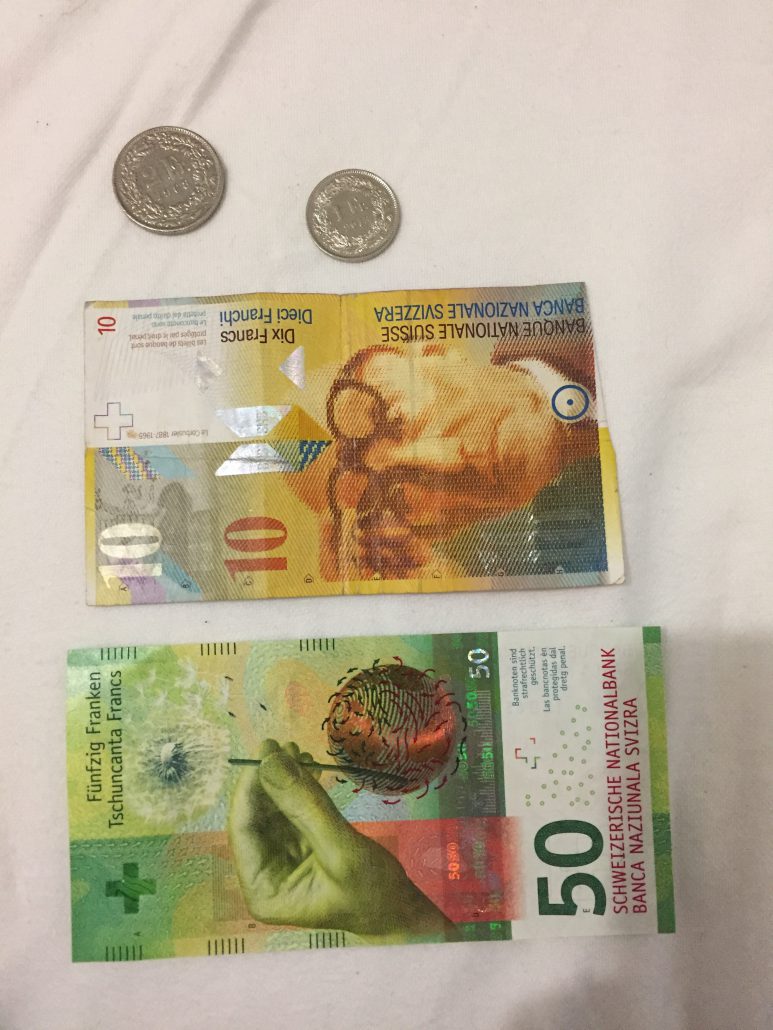
On the morning of orientation at Uni Mail, the first thing I noticed was the fresh OJ machine in the middle of the large open space. The machine literally squeezes orange juice for you while you stand there. I thought this was the coolest/ weirdest thing, and definitely did not expect to see another one. Well, it turns out that the Swiss must really like freshly squeezed orange juice because I’ve seen similar things all over, and there is even an identical “vending machine” in the lobby at the Cite. I haven’t tried it yet, but it is on my list to try while I’m here!
Izzy Paxton studied abroad in Geneva, Switzerland, in spring 2017: http://eap.ucop.edu/OurPrograms/Switzerland/Pages/global_intl_studies_univ_geneva.aspx?_ga=2.148768695.1646531383.1546623635-21724351.1533077880



